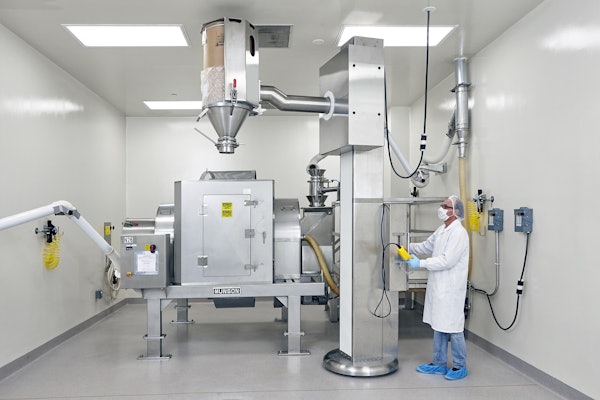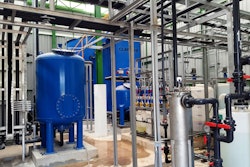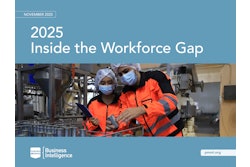
KIND Healthy Snacks has announced the progress it has made on its commitment to source its almonds exclusively from bee-friendly farmland globally by 2025. When KIND made its commitment in 2020, there were only an estimated 20,000 acres of bee-friendly almond farmland in California. As of 2022, this figure has grown to at least 145,000 new acres of verified bee-friendly farmland. Almonds are currently the company’s number one ingredient by both volume and spend.
Since setting its bee-friendly commitment, KIND has encouraged the expanded usage of bee-friendly practices among its almond farmers and across the almond industry through a variety of efforts, including:
- Requiring its almond suppliers to reserve 3% to 5% of their farmland for dedicated pollinator habitat by 2025
- Working with its U.S. almond suppliers to ensure they eliminate the usage of neonicotinoids and chlorpyrifos, two pesticide treatments thought to be harmful to pollinators
By the end of this year, KIND will have sourced 51% of its almond supply from bee-friendly farmland, certified for its bee-friendly practices by either one of the two independent certification programs. The company also will be deepening its relationship with the University of California Davis, a leading academic institution for bee and pollinator health expertise. To date, the company has donated $350,000 to the Williams Lab to support its bee health research, as well as the monitoring of farm-level pollinator improvements and other environmental outcomes.
 |
“Pollinators, like bees and butterflies, are central to the plant-based ingredients that many of KIND’s products depend on. We are excited about the leadership we’ve seen from the almond grower community over the past few years to expedite the transition to bee-friendly practices,” says Russell Stokes, CEO of KIND. “We are eager to continue to build on this momentum as we approach our 2025 target and hopeful, we can complete this transition ahead of schedule. We have also begun to explore the ways we can go beyond bee-friendly to incorporate even more regenerative practices.”




















